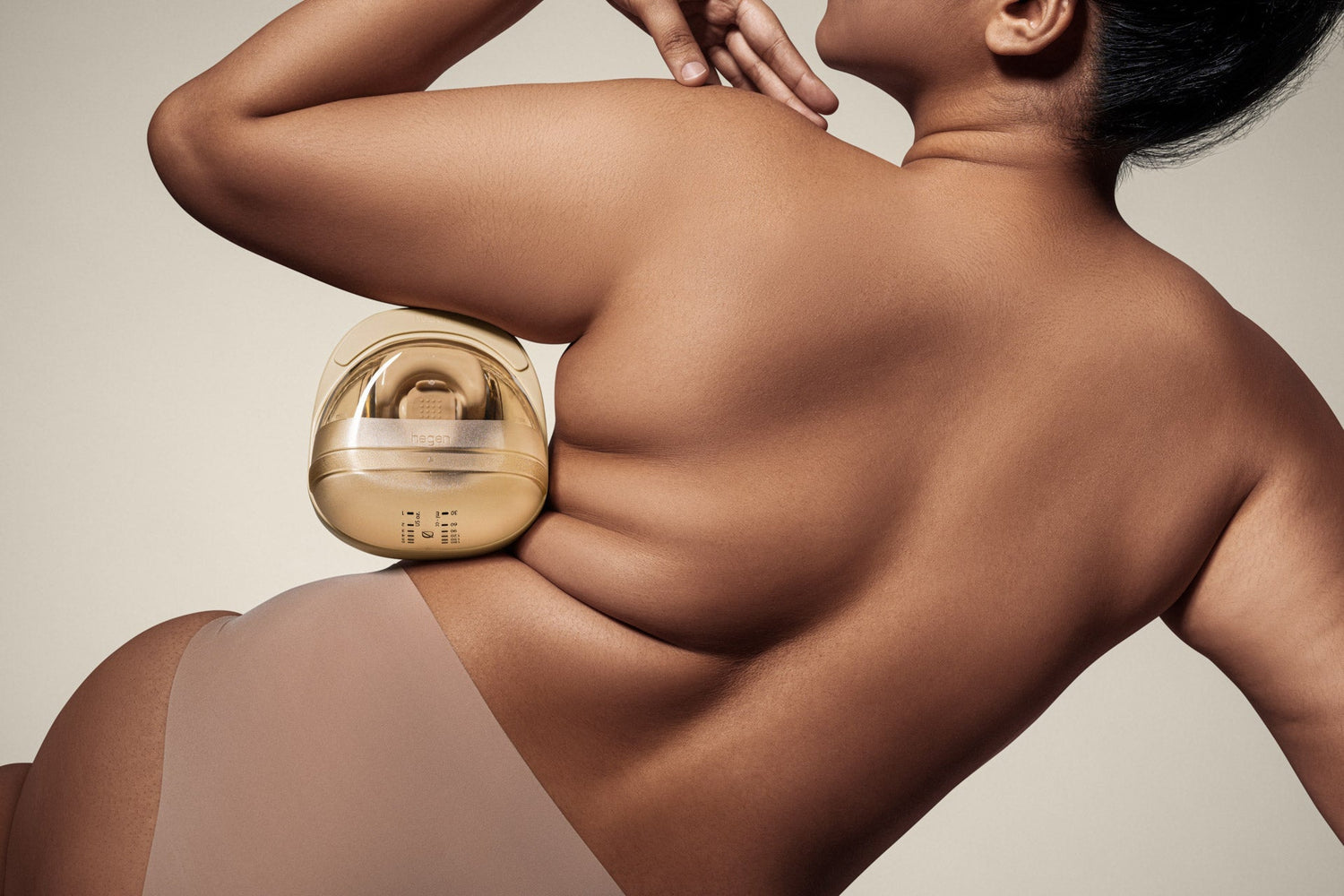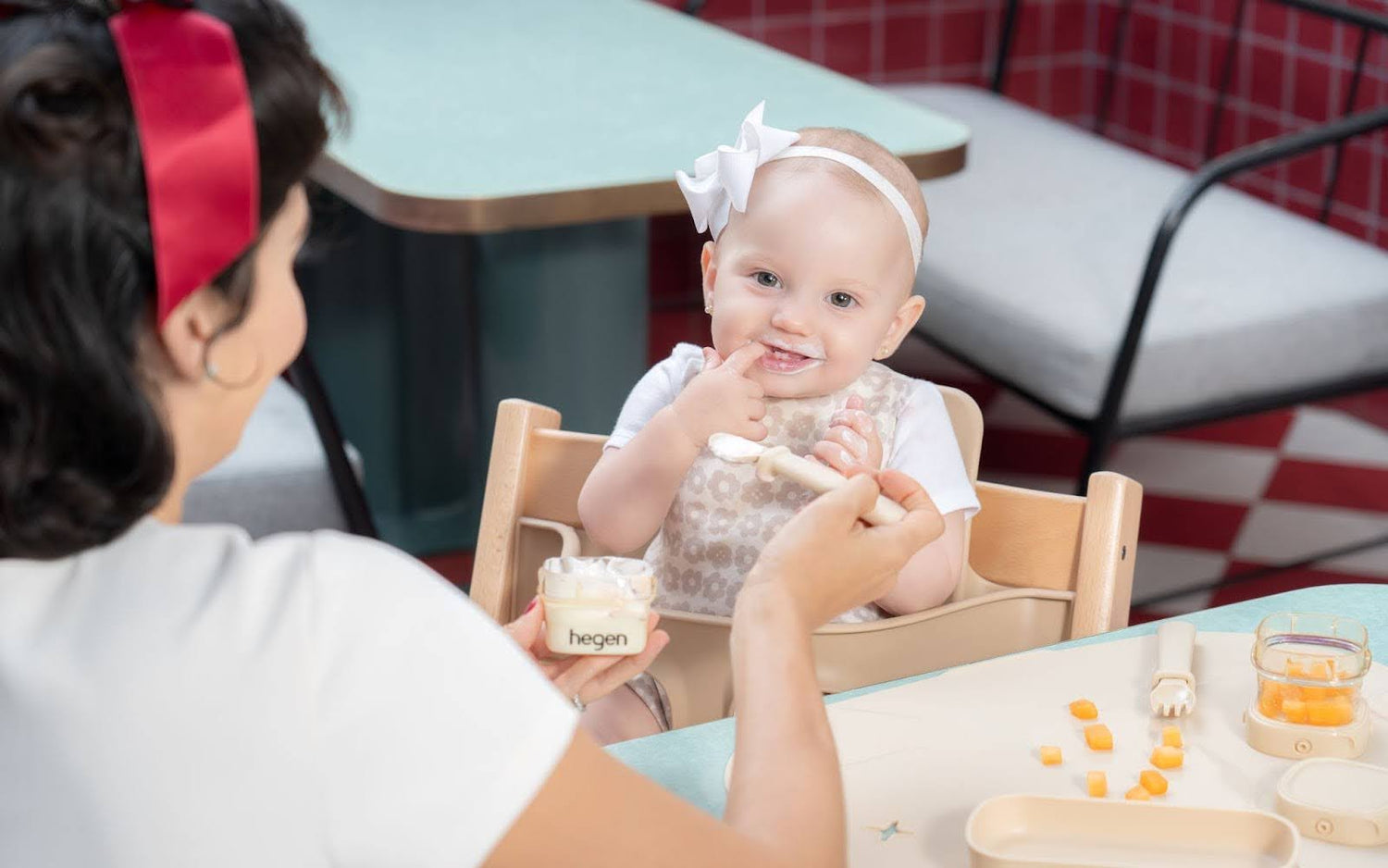With her smiling face and upbeat nature, it’s pretty hard to imagine that our 28-year-old Mum of the Month, Victoria Er, recently went through such tremendous difficulties.
As she and her husband Raphael had married when they were both only aged 25 and he was still a medical student, they had waited a while before getting pregnant.
“Last year, we went on a pilgrimage in Spain, to a place called the Camino de Santiago (Way of St James) to pray for a child,” Victoria revealed. “Little did we know I was already pregnant! We had walked 115km in that trip, with baby Michael James in my womb.”

A difficult pregnancy and a long labour
Although she was thrilled to conceive, the first trimester proved to be very frightening for her as she was bleeding daily.
“I had to make many trips to the emergency O&G and my gynae could only tell me I had a ‘threatened miscarriage’ and there was nothing that could be done about it,” said a frustrated Victoria. “I was constantly anxious and prepared my heart for possibly losing my baby.”
Thankfully by Week 13, the daily bleeding stopped. At just over 39 weeks, she went into labour – which turned out to be a stress-inducing, drawn-out three-day ordeal. She said: "I was mostly alone for the first 2 days. It was at the start of the COVID-19 period and my husband (now a doctor) had to be at the hospital as manpower was short due to the measures."
When Raphael finally got to the delivery suite at 1am on the second day, it would be another long 18 hours before baby Michael arrived.
“Somehow my body wasn’t cooperating and couldn't dilate past 3cm,” she told us. “The epidural failed and I developed a high fever. Michael’s heartbeat kept dropping. Finally, I went through an emergency C-section.”
Postnatal blues
All Mums tend to go through some lows during their recovery period but Victoria had it extra hard when she contracted dengue in July this year. She also had mastitis at the same time and already had to deal with a low breastmilk supply.
“I was in so much pain (from being ill) and Michael was angry when he latched and couldn't get the milk out,” sighed Victoria. “Emotionally I was going through a really tough time already. I didn't know I had depression then, but I started seeing a counsellor as I wasn't feeling myself.”
When her medical results revealed that she had dengue - with a dangerously low platelet count of 18 - she was forced to go to the hospital and then isolated due to pandemic measures.
“It was gruelling to be alone. And sick. But I still got up every three hours to express even though I was on the drip and in extreme pain,” she shuddered. “Thankfully the nurses were really kind. They would come in their PPE gowns every 3 hours to put the milk in the fridge and wash and sterilise my flanges and bottles.”
But more trials awaited her: even after her first COVID-19 swab came back negative, the doctors didn't allow Victoria to feed her expressed milk to Michael.
“I appreciated their diligence but I was also arming myself with research,” said a feisty Victoria. After she shared articles from WHO about the lack of evidence surrounding breastfeeding and COVID-19, the doctors finally relented and allowed the milk to be sent home for the baby.
The Hegen Difference
As Michael had an ineffective latch and couldn't draw milk out effectively, it was difficult for Victoria to keep her supply from dwindling. She knew that in order to make things work as best as she could, she had to be very diligent.
“In the first two and a half months, I not only latched at every feed, but also still pumped every three hours to keep sending the message to my body that I needed more milk,” she recalled, exhausted. “I think I only slept a maximum of two hours every day. I also had to supplement with formula whenever it was not enough.”
Thankfully with all the hard work, supply soon started to match up to demand. She also consulted (via Zoom) a lactation consultant who helped with a breastfeeding position that encouraged her son to latch better.
She had been following Hegen’s Instagram and Telegram feeds since giving birth to Michael. “I find the stories and webinars really helpful and informative,” said Victoria appreciatively. “I also love the fact that Hegen bottles are easy to use - no spillage!”
This meant a lot because she has experienced milk spillage many times, when she or her husband or Mum had dropped bottles in the past. She lamented: “Even 20ml felt so precious to me because in the initial days it was such hard work to even get that small amount!”
Game face forward
In preparation for returning to her job as a teacher at a junior college, Victoria has attended Back to Work courses by the Breastfeeding Mothers Support Group and met her lactation consultant again to work out a game plan.
“I have prepared mentally for the possibility that my supply may dip and been pumping regularly to stockpile,” she explained. “I’ve also started co-sleeping with my baby so that he can latch through the night. I would want to continue this breastfeeding journey for as long as I can.”
Her main takeaway from her eventful entry into motherhood? Mums need to be kind and gentle to themselves, especially when facing health problems, stress and disappointment with breastfeeding.
“Any amount of breastmilk is good - don't be too hard on yourself and take care of yourself in order to care for your child,” she advised. “Life is too short to stress about how much breastmilk baby is getting or worrying and being so anxious that you cannot function. Your baby is a gift - enjoy the gift and all the little moments!”





